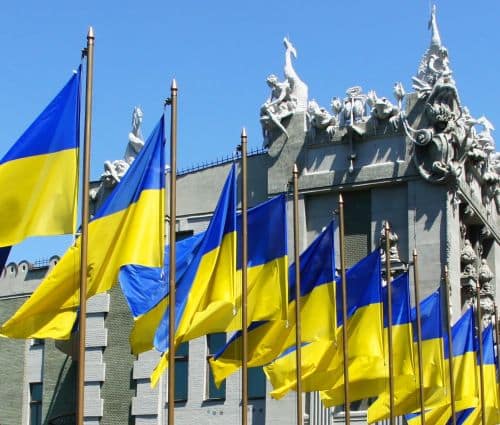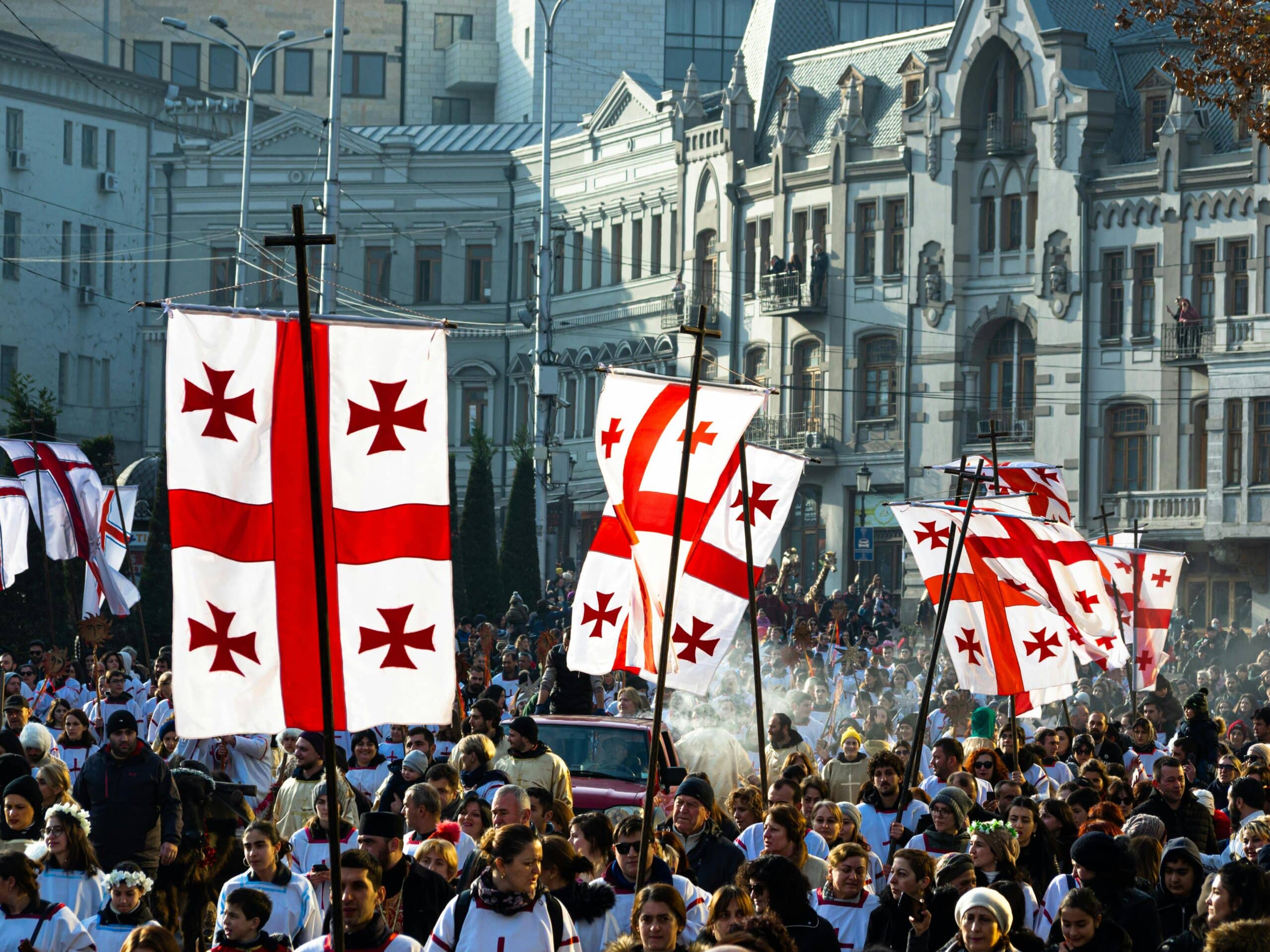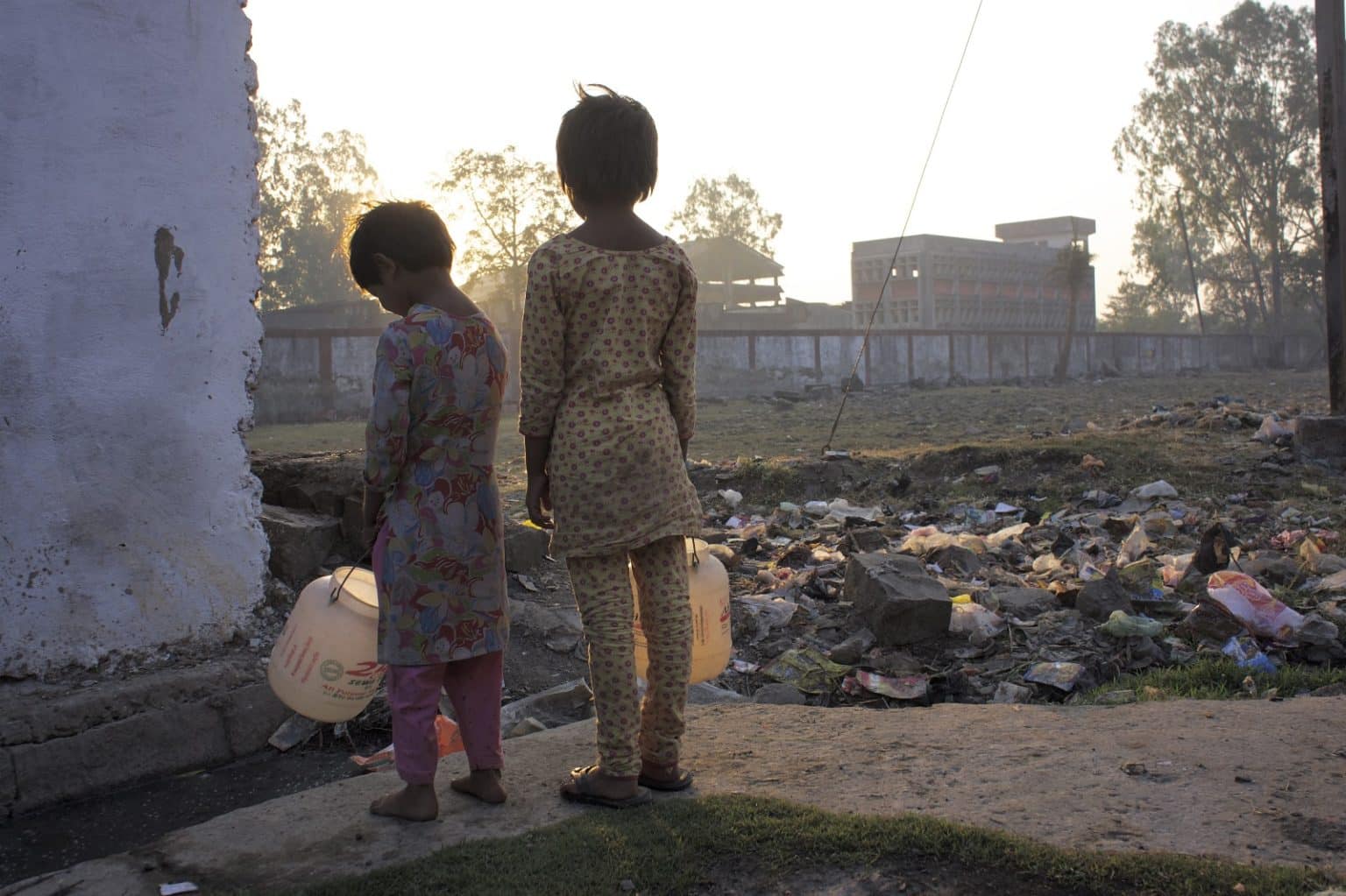In 2014, the 'Euromaidan' revolution took place in Ukraine against Russia's wishes. In response, Russia took Crimea and war broke out in eastern Ukraine. What has been achieved in the past four years since that revolution? Or is the country still at a standstill? The Euromaidan aim was to democratise the country, fight corruption and implement reforms, but has it succeeded? What are the current problems and what is the country up against?
'State capture' instead of anti-corruption measures
After a huge economic crash, the country is slowly starting to stabilise and the economy is recovering. Despite this, many Ukrainians are still angry at the way politics has acted since 2014. According to many, the authorities' behaviour has not changed much and the elite are still isolated from the rest of the people. The fight against corruption is the top priority for much of the Ukrainian population. Indeed, 'state capture', as some call corruption and a system under the control of the oligarchs, is at the root of many problems in the country. Under Western pressure, President Poroshenko's government is trying to reduce corruption and increase transparency. In addition, new anti-corruption agencies, such as the National Anticorruption Bureau (NABU) and a specialised anti-corruption agency, have been set up.
But is this enough for the Ukrainian population? Migration figures show it is not. Since the Euromaidan, there has been a massive emigration from the country. Anti-corruption measures and judicial reforms are still not enough. Despite pleas from Western bodies, such as the IMF for instance, calling for a specialised anti-corruption court, judges are still subject to heavy political pressure and Ukrainian elites still seem unwilling to cede their power.
Poroshenko's reforms
This includes President Poroshenko, whose popularity has fallen sharply. There remain major structural problems dominating the country such as the effects of an oligarchic monopoly, an over-regulated economy, a poor international position for businesses and a weak rule of law.
Nevertheless, the past four years under Poroshenko's leadership have also seen many changes. Besides macroeconomic stabilisation, some key institutions such as the police, the Supreme Court and the already mentioned new anti-corruption measures are a step in the right direction. In addition, education, healthcare and public administration have been reformed, and Poroshenko is working on a comprehensive decentralisation programme. The reforms have thus contributed to the establishment of a visa-free regime with the EU. Ukraine, along with Moldova and Georgia, now has the highest level of travel freedom of the former Soviet republics, with the exception of the Baltic States, which are members of the EU.
New course after elections 2019?
Many of these reforms look good on paper, but as mentioned, there is still a long way to go. The presidential and parliamentary elections, both next year, will decide whether Poroshenko's approach is enough to satisfy the people. What do the polls say? According to current trends, former prime minister Yulia Tymoshenko with 25% is now on top in terms of the presidential election. Poroshenko would receive support from only about 10% of voters. Compared to the late 2017 results, this means he loses almost half the support, while Tymoshenko's popularity is actually growing. But with over a year to go, it remains to be seen whether Poroshenko will lose out to Tymoshenko.
As the elections approach, a key question is whether the political elite can ensure that the country is not destabilised again by competing interests at election time. Ukraine's Western partners will need to be vigilant on this and will need to continue to advocate for free and fair elections. But attention should not wane even after the elections, as the work on solving all the aforementioned problems is one of long duration.





